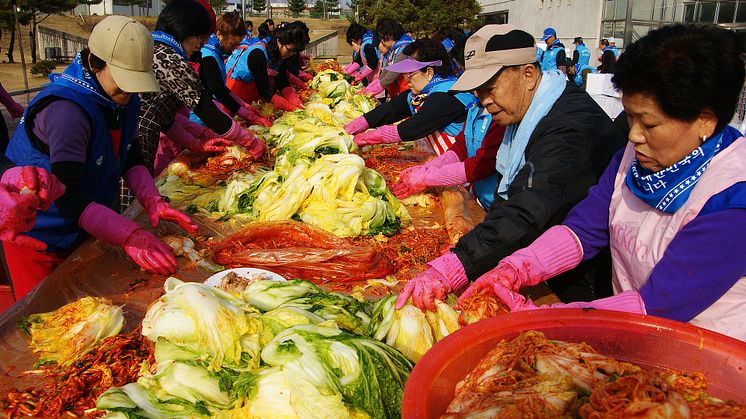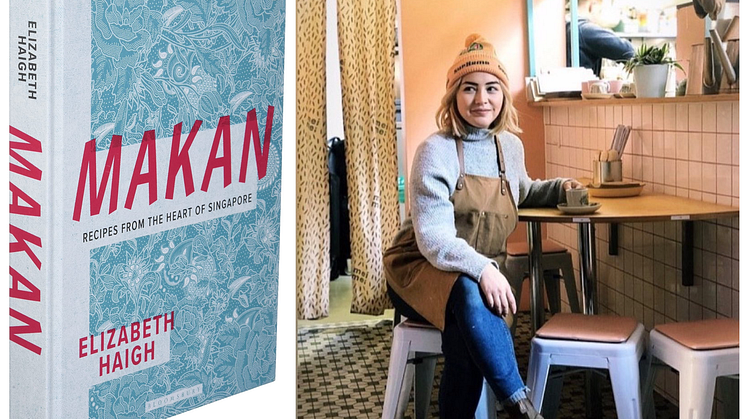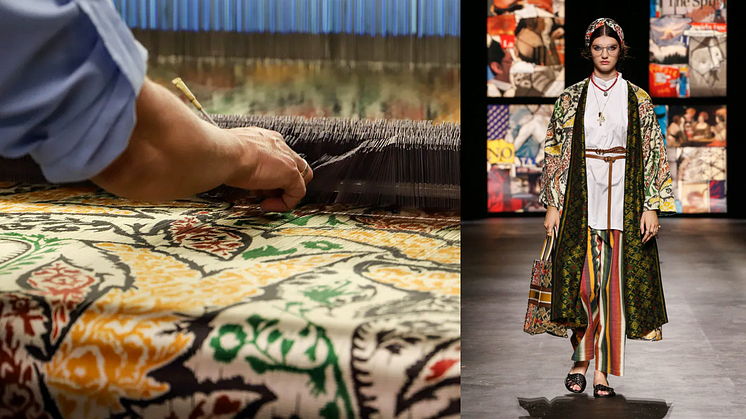
News -
From paella to kimchi, countries are using IP benchmarks to protect beloved national dishes
Everybody gets upset when their ideas get stolen, and if that idea happens to be a beloved national dish, then get ready for sparks to fly. Perhaps because food is intimately tied to notions of cultural identity, improper culinary appropriation – or the perception of it – tends to make people extremely salty and the ensuring furore extra spicy.
Recently, the government of Valencia – the region in Spain where the beloved dish of paella originated – officially declared paella “an icon of the Mediterranean diet” and “a representation of Valencian culture”. By giving it a new formal status as an item of cultural significance, the authorities want to help ensure its survival, and protect it from “distortions”, they said.
Naturally, what immediately came to mind for many was that time in 2016 when British chef Jamie Oliver tweeted his recipe for paella and unleashed a firestorm of controversy. His offence — suggesting the inclusion of chorizo, which is not traditionally part of this dish. The online response from outraged Spaniards was merciless.
Almost seven years later, Oliver is still trying to live this chorizo incident down. Valencia’s announcement about paella’s new cultural status prompted headlines like “Spain's famous paella given protected status to shield it from people like Jamie Oliver”.
Perhaps he can take comfort in the fact that heated arguments over food are actually not uncommon. Take kimchi, the fermented cabbage dish that is central to Korean cuisine. In 2001, South Korea pushed for the international codification of kimchi's recipe after Japan introduced its own version of the dish at a food festival.
Since then, South Korea has continued to use global and national benchmarks to protect its ownership over kimchi. In 2013, the process and culture of kimchi-making (called “gimjang”) was inscribed in UNESCO’s Representative List of the Intangible Cultural Heritage of Humanity. In 2017, South Korea’s Cultural Heritage Administration also recognised kimchi-making as Intangible Cultural Heritage.
Still, these protections haven’t quite prevented others from trying to cash in kimchi’s growing global popularity. Earlier this month, China succeeded in getting global industry standards body ISO to adopt new regulations for the making, transportation and storage of pao cai, a Chinese style of fermented vegetables.
While ISO clearly stated that these new rules do not apply to kimchi, some Chinese media reports described the regulations as an international standard for kimchi. Naturally, the South Korean government refuted these misleading claims strongly, taking care to underline the fact that pao cai is not kimchi.
After all, there is a lot at stake here. Besides being an important part of its culture, kimchi is also the centrepiece of South Korea’s culinary branding abroad, and the country stands to gain the most if made-in-Korea kimchi is universally regarded as the only authentic kimchi. In this, as in all other kinds of IP, internationally recognised benchmarks can be a powerful tool in safeguarding ownership.
PitchMark helps innovators deter idea theft, so that clients get the idea but not take it. Visit PitchMark.net and register for free as a PitchMark member today.



